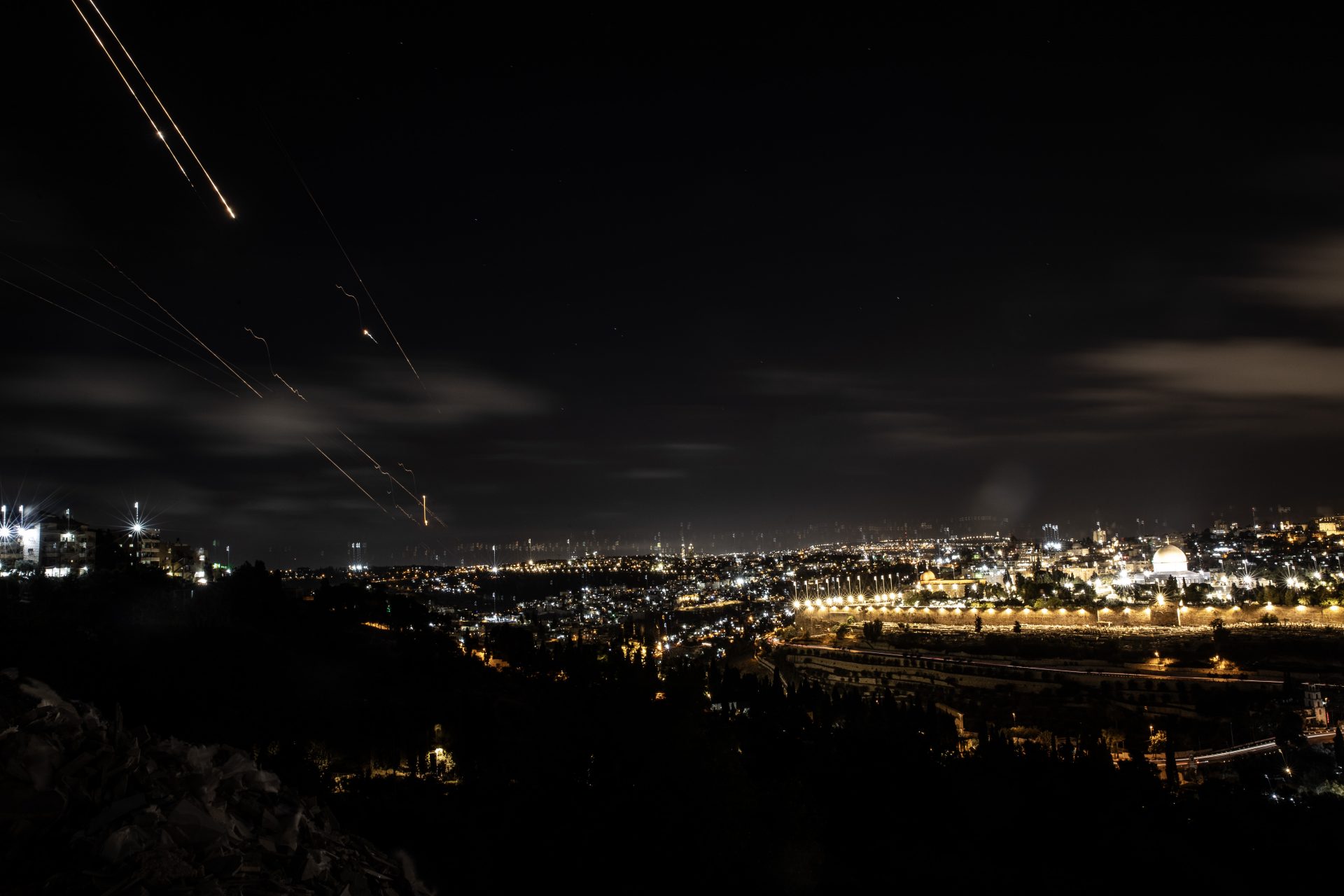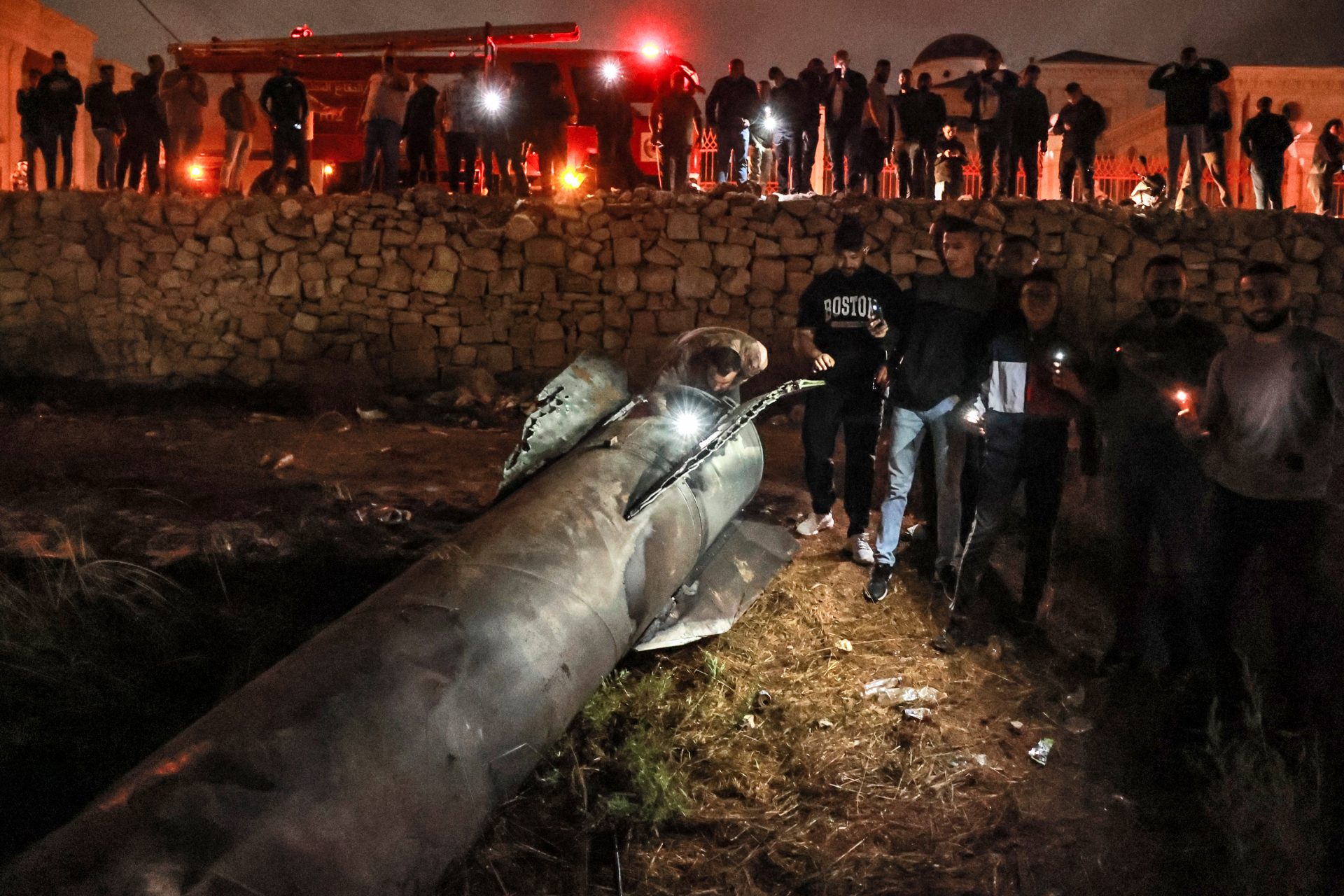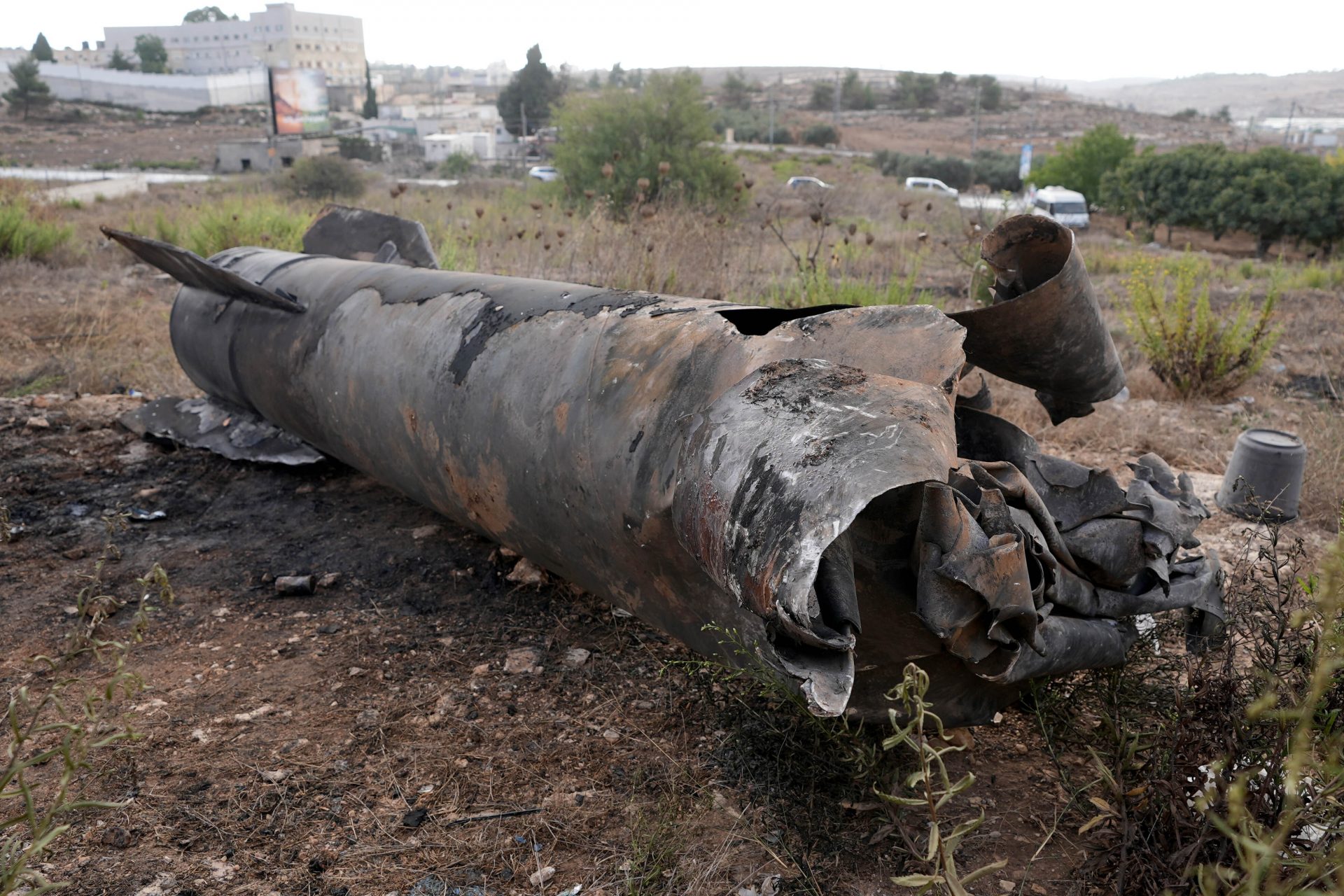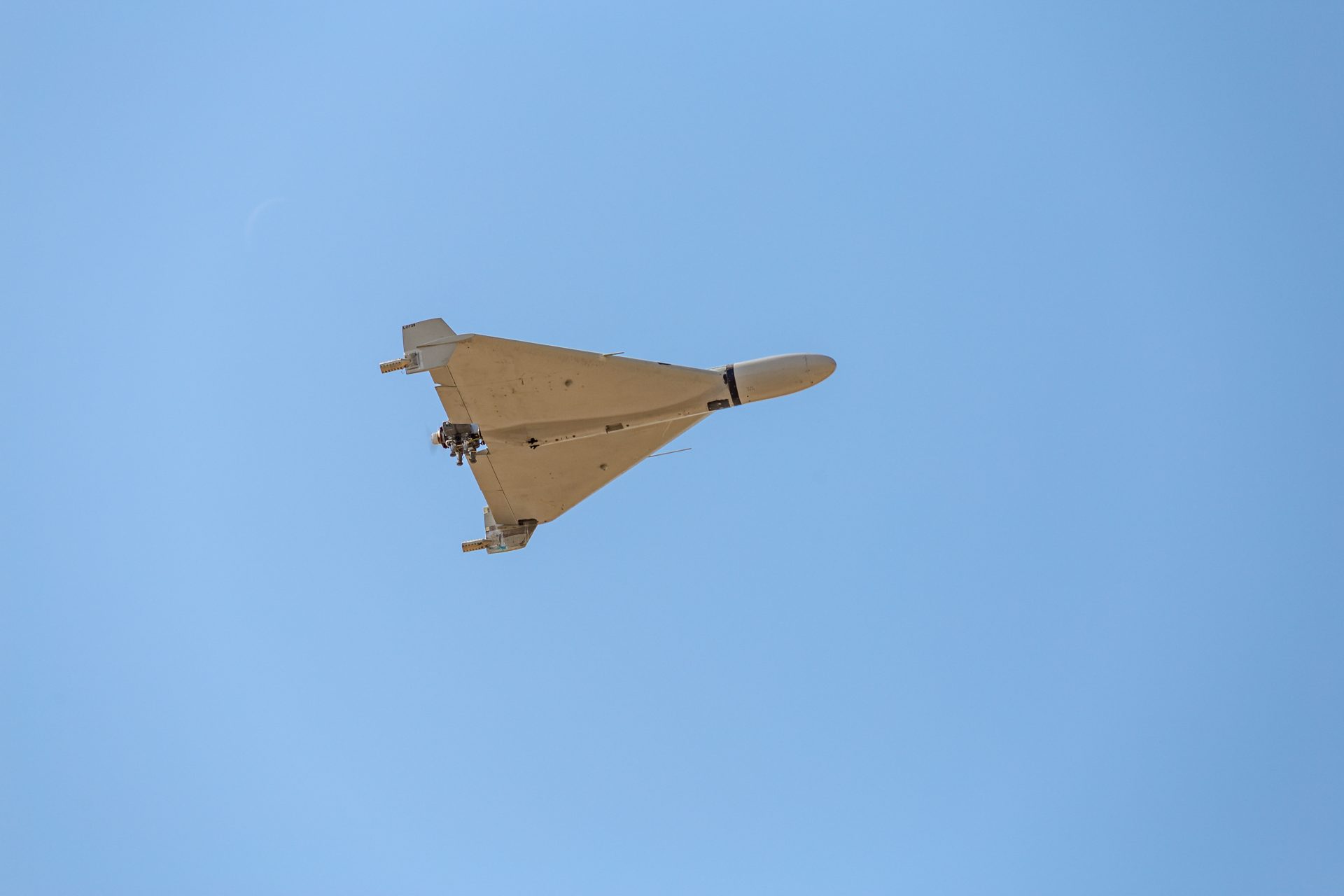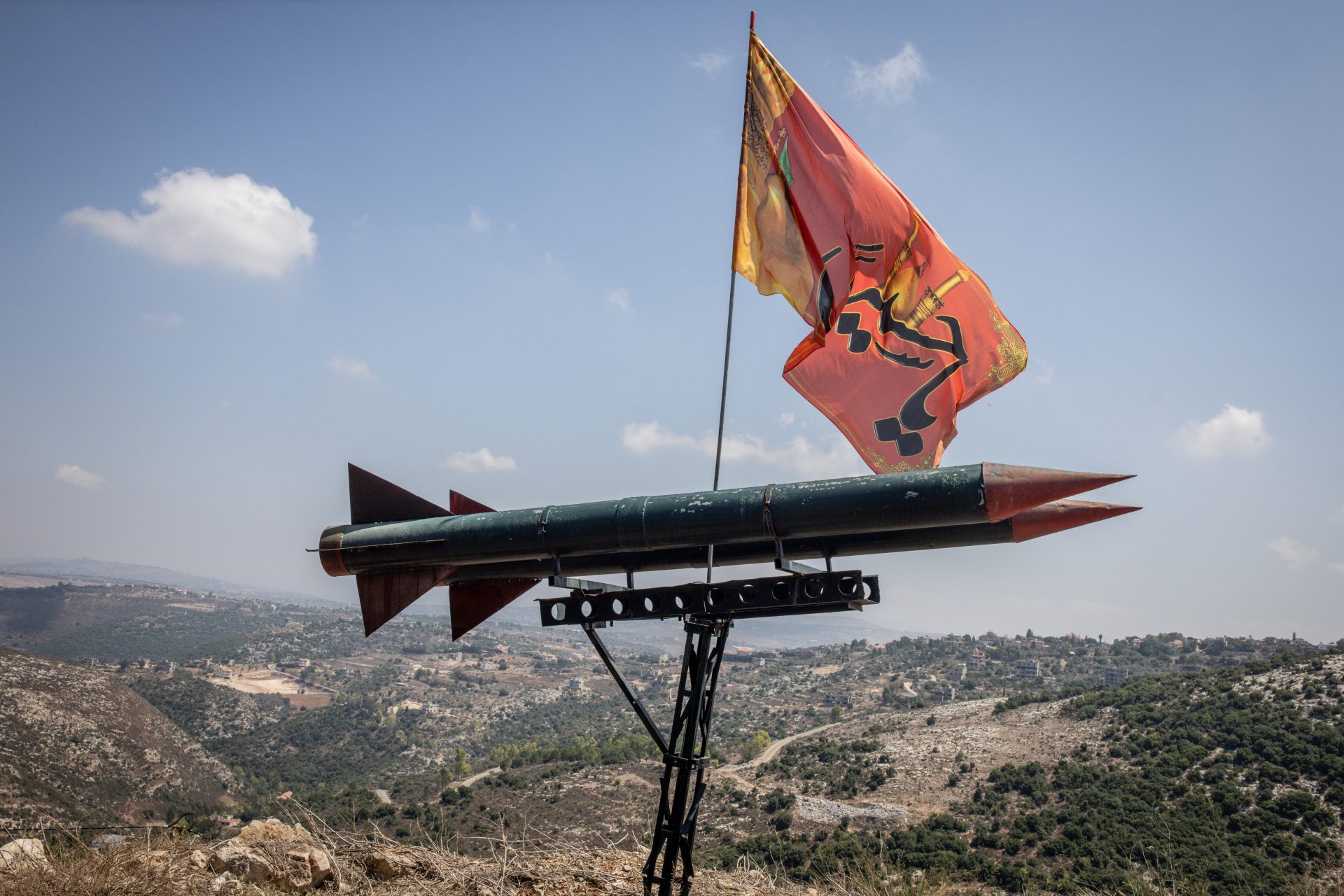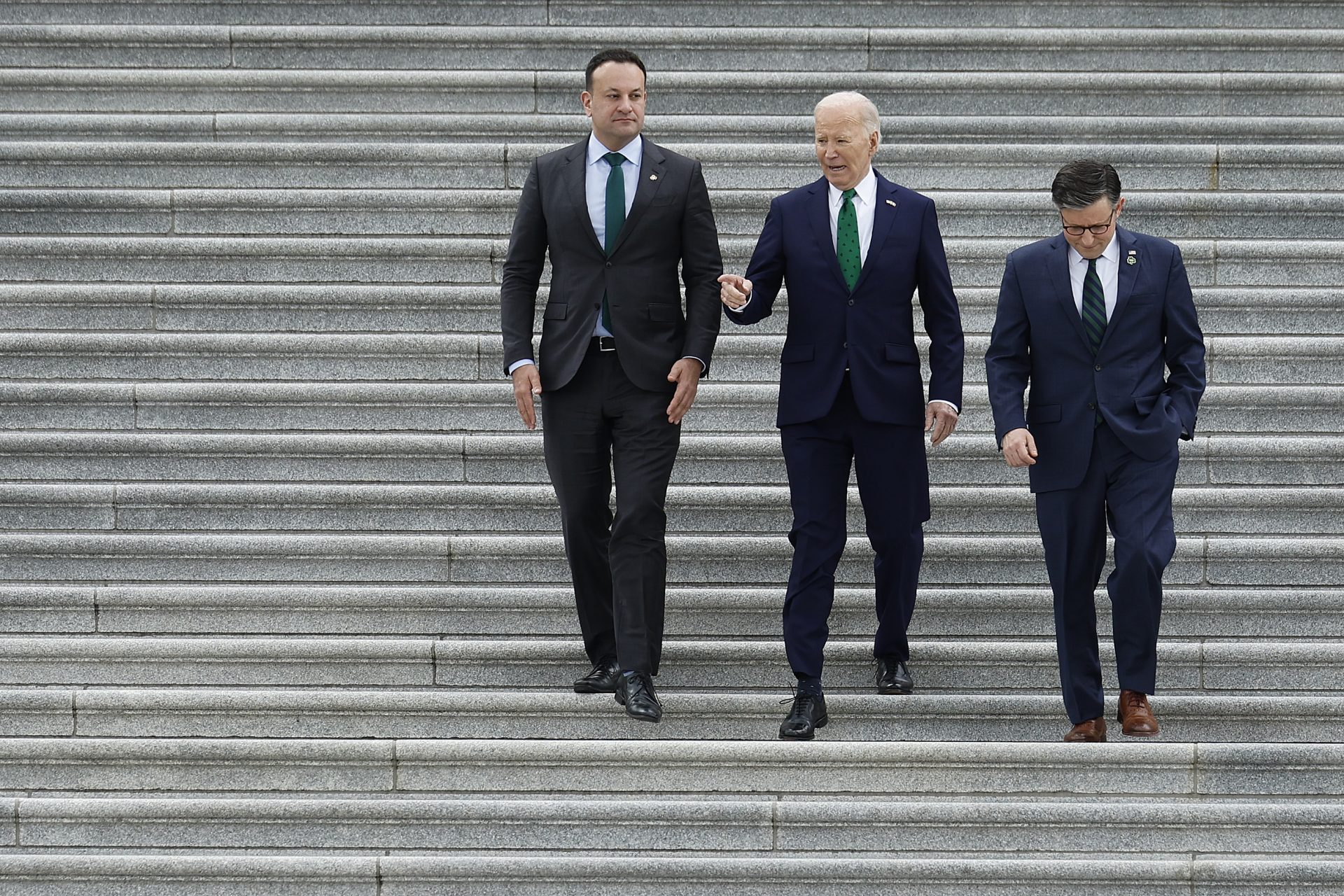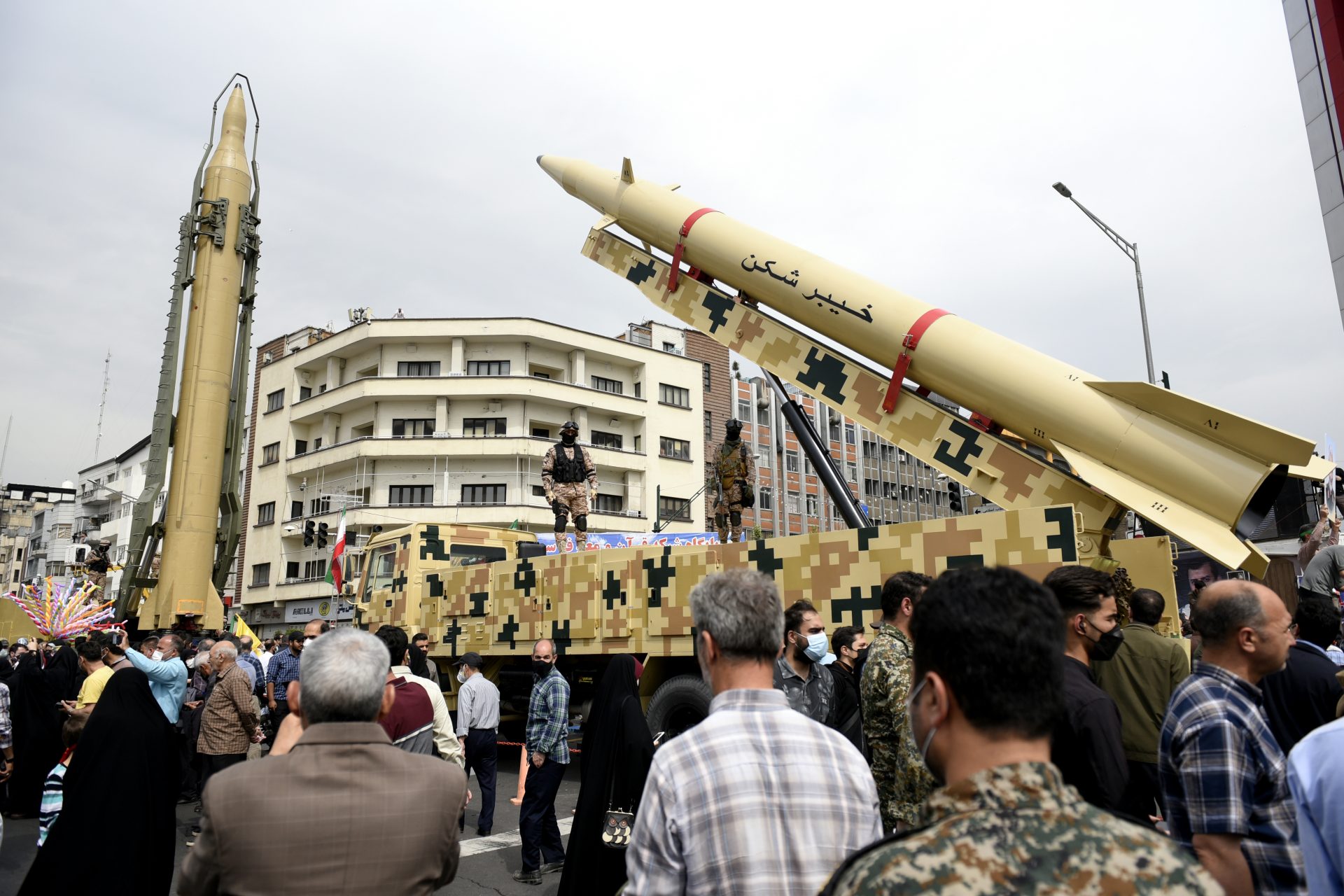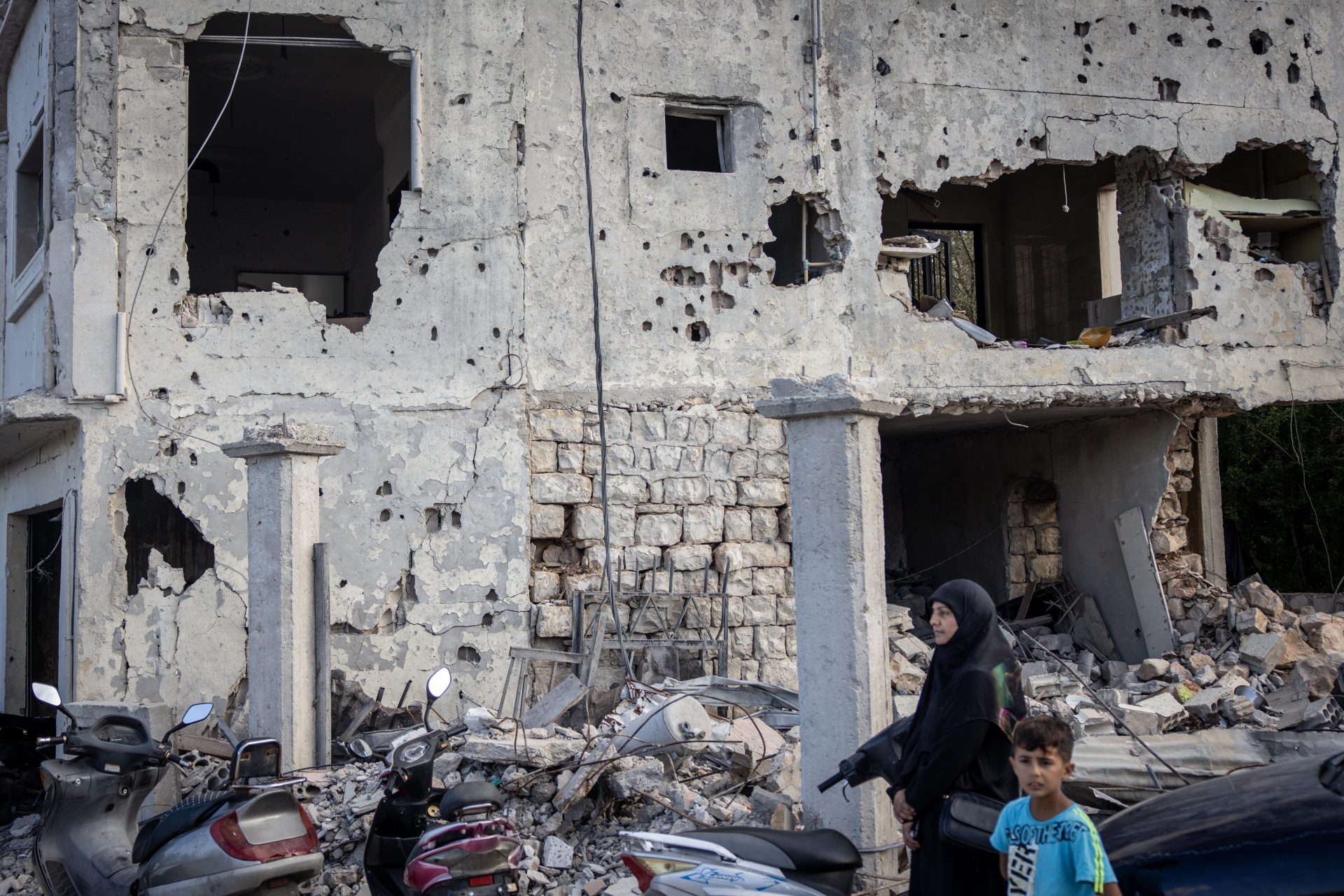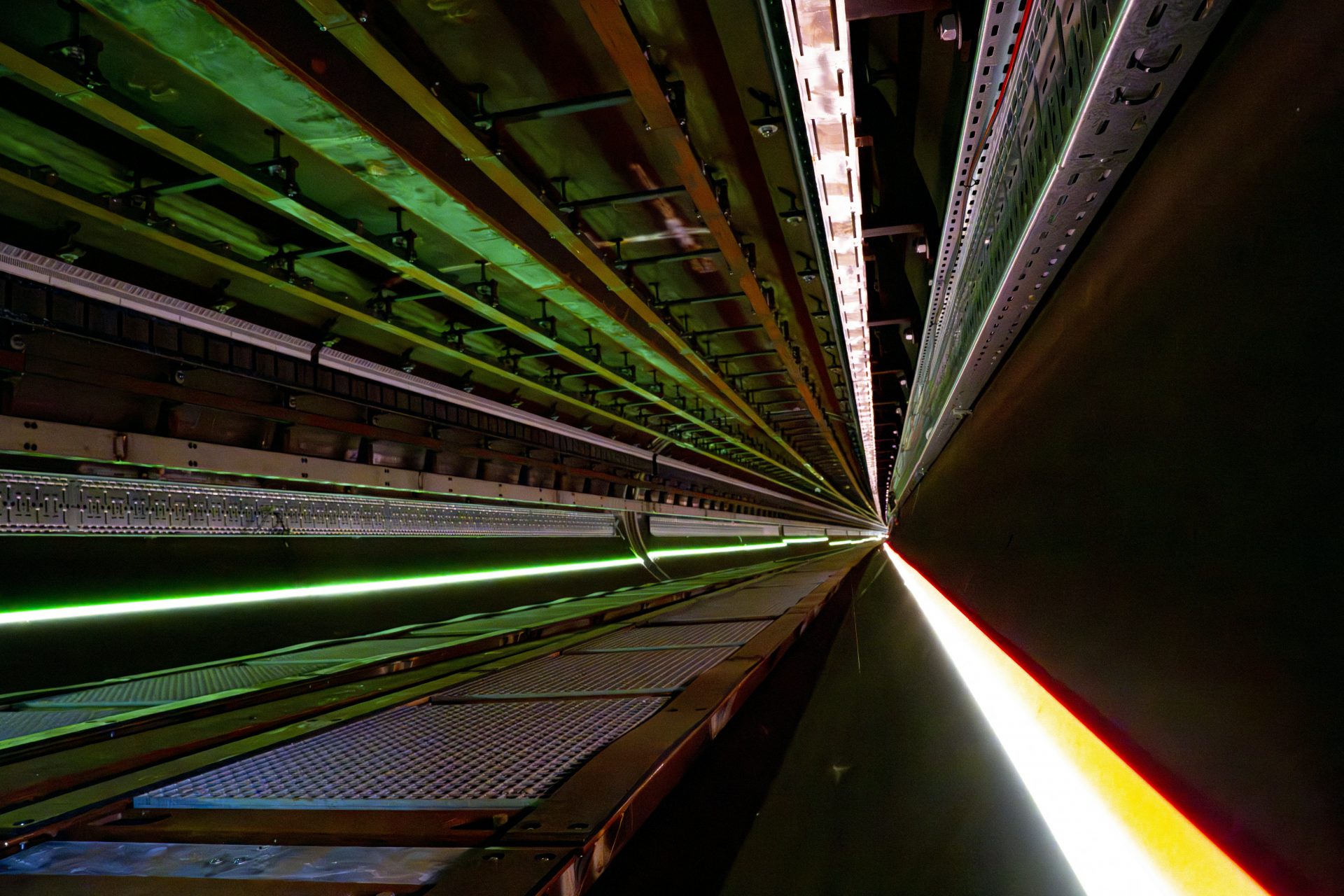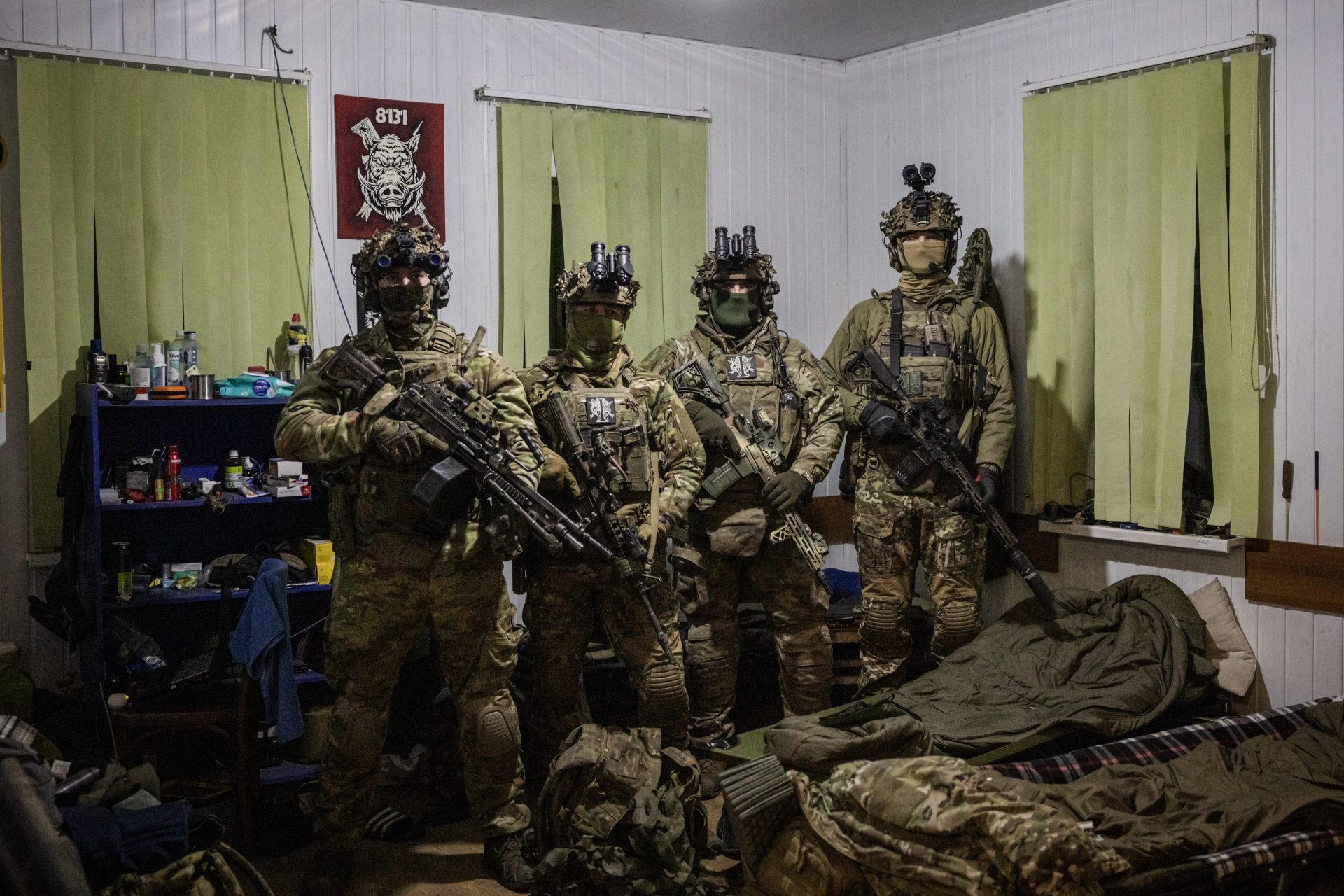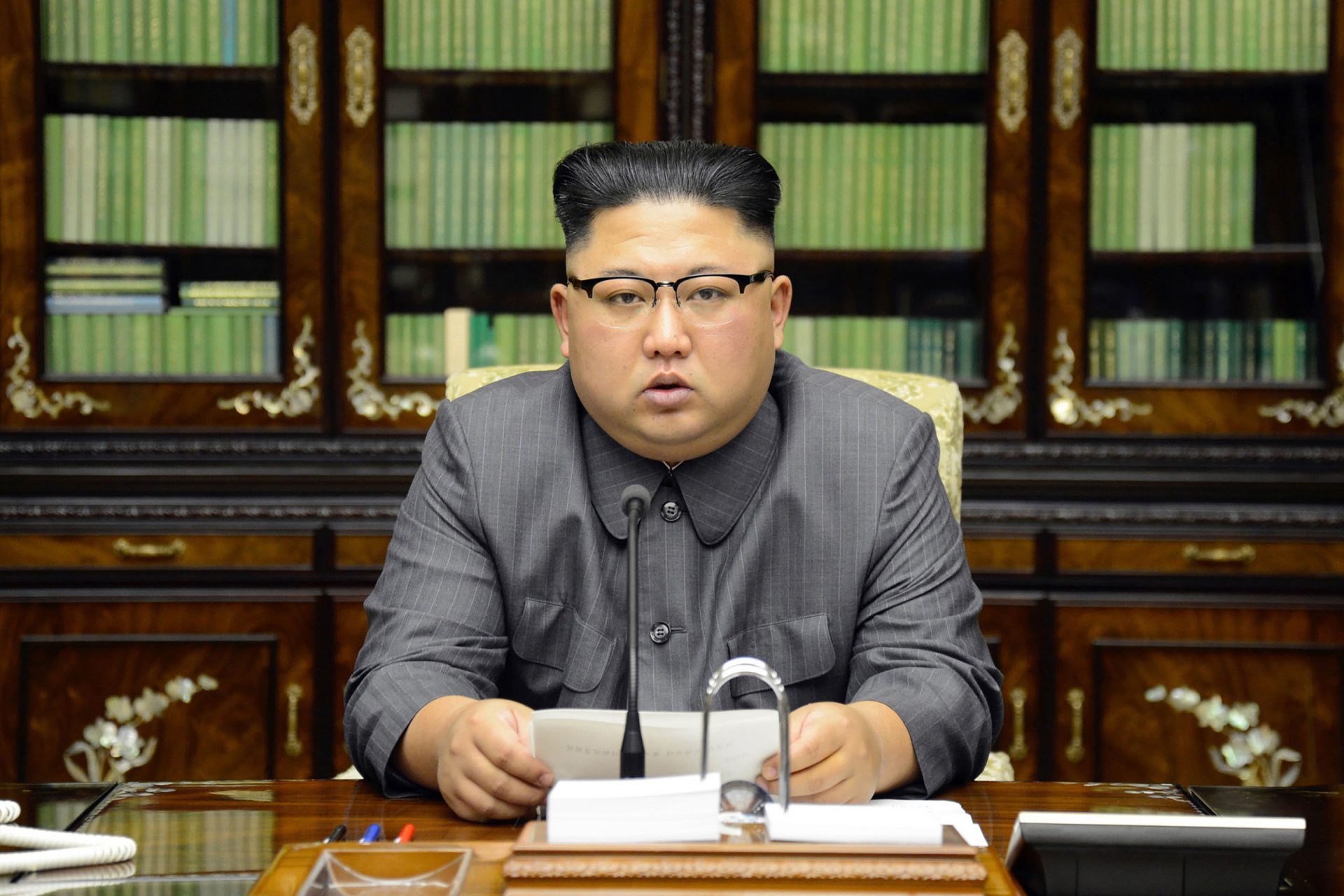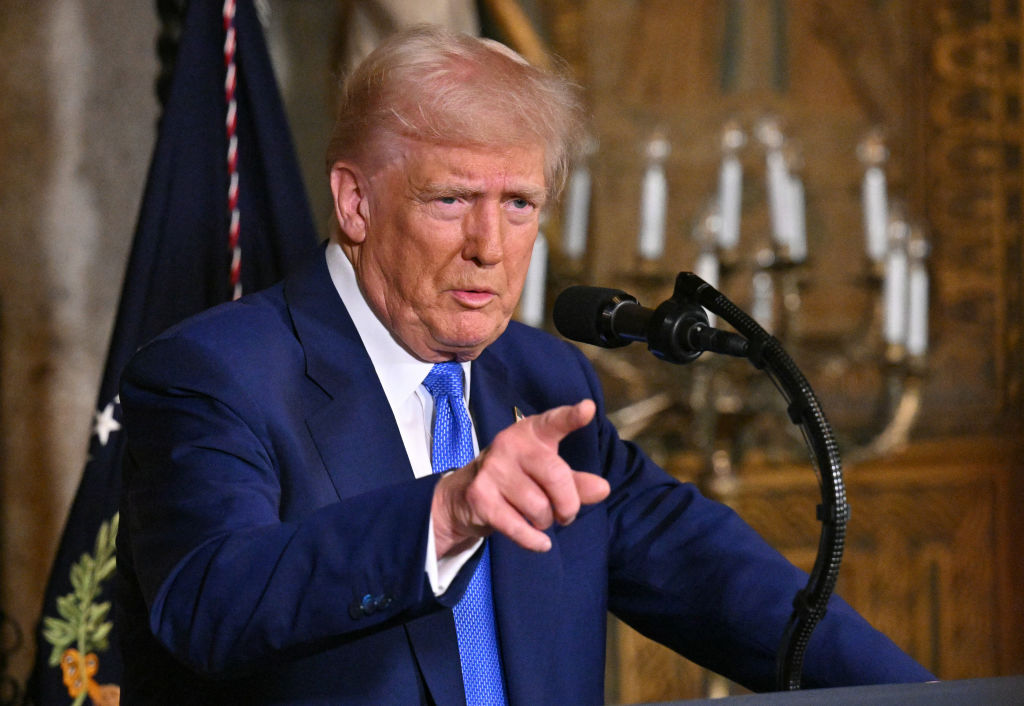Iran's missile capabilities: A global security concern?
On October 1, Iran launched 180 ballistic missiles in the biggest attack ever conducted by the country against Israel.
Most of the missiles were intercepted by Israel's defense system, according to an Israeli military source cited by the BBC.
Iran's Revolutionary Guards said the attacks were in retaliation for Israel's offensives.
Iran named two victims in Beirut, Lebanon, on September 27: Hezbollah leader Hassan Nasrallah and Revolutionary Guards commander Abbas Nilforoshan, the BBC reported.
Meanwhile, an important question has been raised about what Iran's real striking power is.
According to a 2021 analysis by the Missile Threat Project at the Center for Strategic and International Studies (CSIS), Iran holds the largest and most diverse arsenal of missiles in the Middle East, CNN reported.
This arsenal includes thousands of ballistic and cruise missiles, some of which have the capability to reach Israel and southeastern Europe.
Precise data on the number of each type of missile remains unknown. However, as reported by CNN, it was declared in the US Congress in 2023 that Iran has more than 3,000 ballistic missiles, according to a report by the website Iran Watch, which is part of the Wisconsin Project on Nuclear Arms Control.
According to experts, one of the missiles would be the Shahab-3, which can carry a warhead weighing 760 to 1,200 kilograms.
Iran Watch said the latest versions of the Shahab-3, the Ghadr and Emad missiles, have an accuracy of up to 300 meters over their targets.
Furthermore, the Iranian press reported that the country used a new missile, called Fattah-1, during the attacks on Israel.
This more modern missile can reach five times the speed of sound, which is equivalent to around 6,100 kilometers per hour, CNN reported.
However, experts are skeptical about the use of this missile in the latest attack: "It's one of their newest ballistic missiles, and they have a lot to lose by using it," said Trevor Ball, a former US Army munitions technician, quoted by CNN.
Now, Israel has promised a response: "We have plans and we will act in the place and at the time we decide," said Israel Defense Forces spokesman Daniel Haggari, quoted by the BBC.
Former Israeli Prime Minister Naftali Bennett has argued that Israel should strike Iran's nuclear facilities to "decisively destroy this terrorist regime," the BBC reported.
Never miss a story! Click here to follow The Daily Digest.
More for you
Top Stories



